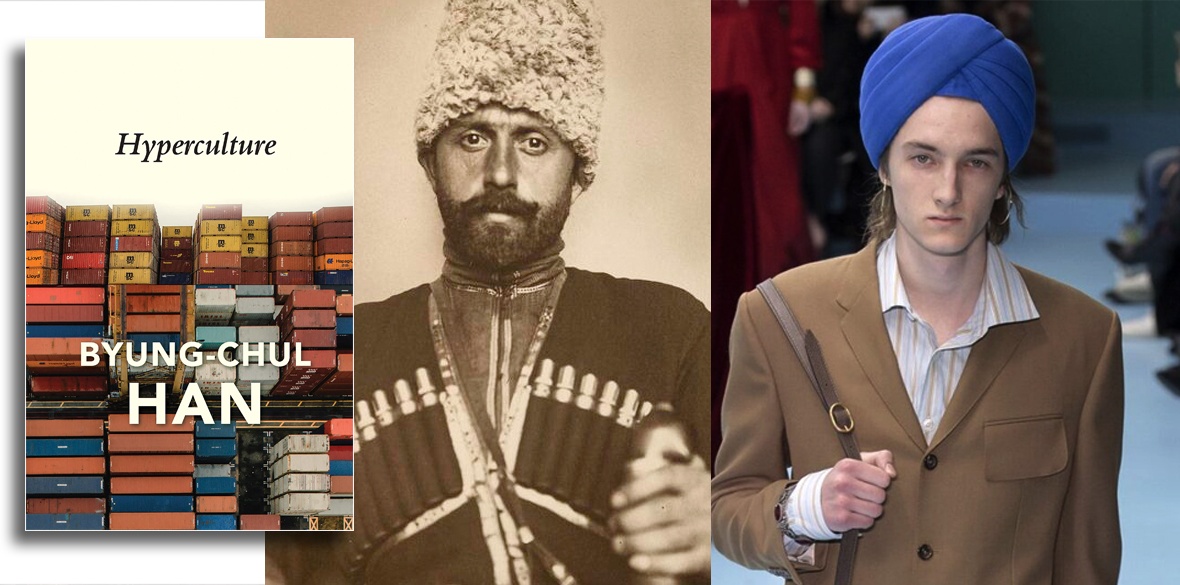This is the last article you can read this month
You can read more article this month
You can read more articles this month
Sorry your limit is up for this month
Reset on:
Please help support the Morning Star by subscribing here
Hyperculture
by Byung-Chul Han
Polity £12.99
BYUNG-CHUL HAN regrets modern philosophy’s lack of engagement with the present.
In a recent interview (with Art Review) he said artists, rather than philosophers, are providing “a new narrative against the prevailing doctrine.”
Han, a South Korean cultural theorist working in Berlin, characterises himself as a practitioner of philosophy as art.
This brings us to the latest of his books to be translated into English: Hyperculture is an exhilarating exploration of culture in the era of globalisation, cyberspace and massively networked data.
In just 83 pages plus footnotes it investigates, explains and links complex ideas in Han’s signature style — aphoristic, direct and clear.
It begins by drawing on the ideas of Hegel and Herder to argue that the evolution of culture is no longer driven by the separation of familiar and exotic.
Instead, the virtual and unlocated nature of experience is turning us into “tourists in Hawaiian shirts” — we browse a hypermarket of cultural possibility, without attachment to geographical location or objective reality.
This raises the question of whether freedom from the notions of site and boundary is likely to promote human happiness or embroil us in a new age of austerity and isolationism.
The reader is taken through a series of brief but concentrated set pieces, each illuminating an aspect of hyperculture from a range of perspectives.
For example, musings on cultural diversity, informed by Friedrich Schiller’s writing on play and Homi K Bhabha’s work on subversive hybridity, lead Han to question whether a realm of play can be created in opposition to the existing realm of law, force and power.
In assessing the impact of hyperculture on the self, Han beats a path through forests of fiction and philosophy. He considers the ramifications of Franz Kafka’s weird tale Odradek, the fiction of Peter Handke, the fixed universe of Leibniz, and Zygmunt Bauman’s construction of modern identity in terms of a shift from pilgrimage to tourism.
This is complex material — abstract and interconnected — and some patience is required as arguments are developed and linked. But, with Han as a guide, a foundation course in philosophy is not required.
There are fascinating and controversial paradoxes. Han’s position on appropriation, for example, is that it is not necessarily an act of exploitation but, if based on curiosity, diversity and renewal, can benefit both appropriating subject and appropriated other.
This is a fascinating companion to Han’s exploration of big data and neoliberalism in Psychopolitics, but Hyperculture is the more sharply focused book.
Han’s intention is not to prescribe solutions to the unravelling of links between culture and reality, but to give us the language in which to debate what is being gained, what is being lost and the ways in which we might engage with a global culture that is constantly being transformed.










